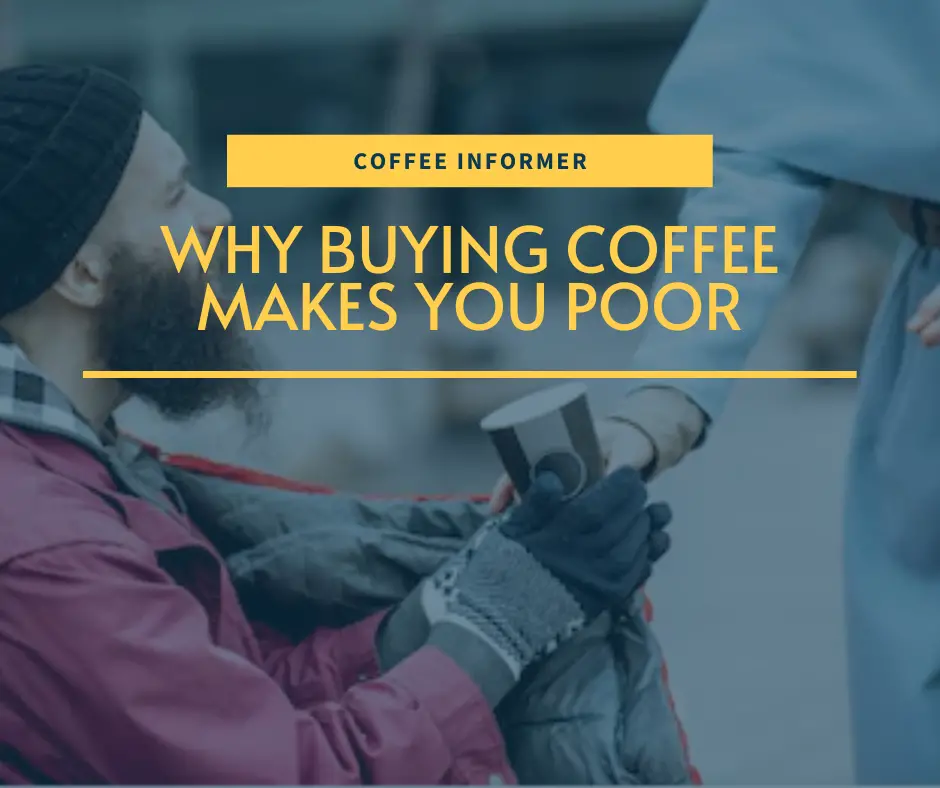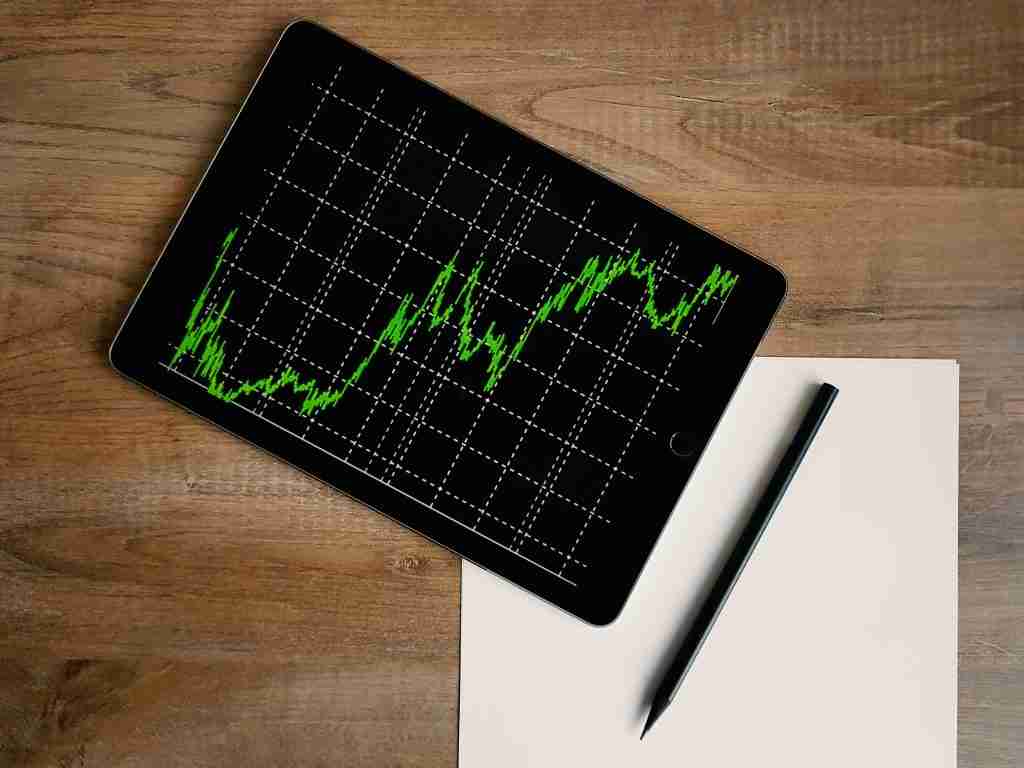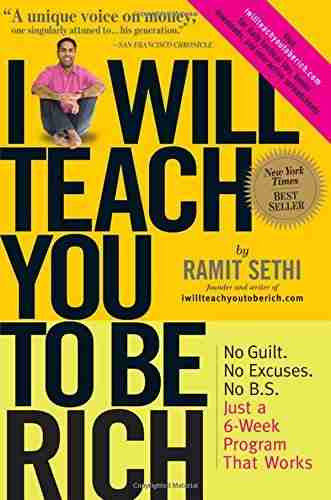
So we are all guilty of buying a cup of coffee when we’re out and need our caffeine fix. However, I am a firm believer that this becomes a problem if it becomes a routine.
Coffee is something that keeps the world running. It keeps students in school and off the streets, and workers in the office from going crazy.
Its the fuel that makes the daily grind bearable.
There have been 2 sides to an argument about coffee and finance.
One side says coffee is a necessity to high-income earners and there are also the gurus that say you should spend your money on whatever makes you happy. On this side, happiness is the most important thing because you won’t be counting the pennies once you’re rich.
On the other side, we have the penny pinchers. This is on the other side of the financial responsibility spectrum. Personally, this is the stance I take. We like pointing fingers at millennials (even though I am one myself) for poor financial decisions and frivolous purchasing.
Don’t worry I will provide information and facts to back up both sides with concrete evidence to show how saving money on coffee causes a compound effect for your next worth.
It’s Okay to Spend Money

Money intrinsically has no value and it is just a way to express value. We each give money a different weight depending on what we can purchase with it. The value is in the goods and services that we want to purchase with it.
In a book written by Ramit Sethi called, “I Will Teach You To Be Rich” one of the main points is living your rich life. This is when you consciously decide the two biggest areas of your life that you will spend your money on. If you are interested in learning more click here to see the reviews on Amazon.
Personally, for me, this would be to grow my businesses and my crafting hobby.
The theory is that you will get much more enjoyment if you spend money in those categories that the “ROI on Happiness” is worth it. Everyone has at least one category that they can spend more money on and improve their overall happiness.
If buying Starbucks coffee is one of those categories then you should definitely be spending that money. For example, if you like studying in Starbucks and do not have a good atmosphere at home to work or study. Or if your friends require you to meet up at Starbucks to study or collaborate.
Separate the Economic “Wheat” From the Chaff

If buying coffee is not an essential part of your life and does not improve your overall happiness then you much cut the spending out of your life.
This is the same for any other category that is not what provides you your happiness. This mentality will help you improve your happiness as well as help you manage your money.
I use Mint to track all my income for the month and budget all my expenses. I prioritize the categories that need to be paid and the spending that truly matters.
You cannot nickel and dime your way out of poverty.
However, with good income financial planning is essential to keeping your money. Saving money where it counts ensures a happier and more financially stable future.
By saving and investing your money you can get the effects of compound interest. This is the most important wealth building tool for young adults and it is important to start early and invest for the long term.
Building Wealth by Budgeting

With compound interest, the interest earned on your interest, the money you save by not buying coffee daily becomes exponential.
For the sake of simplicity let’s say that a cup of coffee costs $5 and you work 5 days a week over a 4 week span every month.
$5 dollars per cup of coffee x 5 days x 4 weeks = $100 a month
Here are the factors to consider when calculating compound interest.
- Initial Investment. This is the amount of money you start with.
- Monthly Contribution. The amount of money that you add to your investment account each month.
- Length of Savings. This is the amount of time you are planning on investing your money.
- Interest Rate. This is how much your money makes each period and this is depending on your investments.
- Compound Rate. This is how often your interest will compound.
To take advantage of compound interest you much reinvest your interest while investing for the long term.
With the compound interest formula:
A = P(1 + r/n)nt
- A = Accrued Amount
- P = Principal Amount or Initial Investment
- r = Annual Interest Rate as a decimal
- n = Number of periods per year
- t = Time
So if we start with nothing and we save $100 and invest the money at average market returns, 9.8% which is the average S&P 500 returns since 1926, for 60 years you can see the results below.
$27,298.60 = $100(1 + .098)^60
You will have $27,298.60 from just $100 saved 60 years ago. Now, if you save $100 a month this the calculation.
| Year | Deposit | Interest | Balance |
| 1 | $1,200.00 | $62.79 | $1,262.79 |
| 2 | $1,200.00 | $186.54 | $2,649.33 |
| 3 | $1,200.00 | $322.43 | $4,171.76 |
| 4 | $1,200.00 | $471.62 | $5,843.38 |
| 5 | $1,200.00 | $635.44 | $7,678.82 |
| 6 | $1,200.00 | $815.31 | $9,694.14 |
| 7 | $1,200.00 | $1,012.82 | $11,906.95 |
| 8 | $1,200.00 | $1,229.67 | $14,336.63 |
| 9 | $1,200.00 | $1,467.78 | $17,004.41 |
| 10 | $1,200.00 | $1,729.22 | $19,933.63 |
| 11 | $1,200.00 | $2,016.29 | $23,149.91 |
| 12 | $1,200.00 | $2,331.48 | $26,681.40 |
| 13 | $1,200.00 | $2,677.57 | $30,558.96 |
| 14 | $1,200.00 | $3,057.57 | $34,816.53 |
| 15 | $1,200.00 | $3,474.81 | $39,491.34 |
| 16 | $1,200.00 | $3,932.94 | $44,624.28 |
| 17 | $1,200.00 | $4,435.97 | $50,260.25 |
| 18 | $1,200.00 | $4,988.30 | $56,448.55 |
| 19 | $1,200.00 | $5,594.75 | $63,243.30 |
| 20 | $1,200.00 | $6,260.63 | $70,703.93 |
| 21 | $1,200.00 | $6,991.78 | $78,895.71 |
| 22 | $1,200.00 | $7,794.57 | $87,890.27 |
| 23 | $1,200.00 | $8,676.04 | $97,766.31 |
| 24 | $1,200.00 | $9,643.89 | $108,610.20 |
| 25 | $1,200.00 | $10,706.59 | $120,516.79 |
| 26 | $1,200.00 | $11,873.44 | $133,590.23 |
| 27 | $1,200.00 | $13,154.63 | $147,944.86 |
| 28 | $1,200.00 | $14,561.39 | $163,706.25 |
| 29 | $1,200.00 | $16,106.00 | $181,012.25 |
| 30 | $1,200.00 | $17,801.99 | $200,014.24 |
| 31 | $1,200.00 | $19,664.19 | $220,878.42 |
| 32 | $1,200.00 | $21,708.88 | $243,787.30 |
| 33 | $1,200.00 | $23,953.95 | $268,941.24 |
| 34 | $1,200.00 | $26,419.03 | $296,560.28 |
| 35 | $1,200.00 | $29,125.70 | $326,885.97 |
| 36 | $1,200.00 | $32,097.62 | $360,183.59 |
| 37 | $1,200.00 | $35,360.78 | $396,744.37 |
| 38 | $1,200.00 | $38,943.74 | $436,888.11 |
| 39 | $1,200.00 | $42,877.83 | $480,965.94 |
| 40 | $1,200.00 | $47,197.45 | $529,363.39 |
| 41 | $1,200.00 | $51,940.40 | $582,503.79 |
| 42 | $1,200.00 | $57,148.16 | $640,851.95 |
| 43 | $1,200.00 | $62,866.28 | $704,918.23 |
| 44 | $1,200.00 | $69,144.78 | $775,263.01 |
| 45 | $1,200.00 | $76,038.57 | $852,501.58 |
| 46 | $1,200.00 | $83,607.94 | $937,309.52 |
| 47 | $1,200.00 | $91,919.12 | $1,030,428.65 |
| 48 | $1,200.00 | $101,044.80 | $1,132,673.44 |
| 49 | $1,200.00 | $111,064.79 | $1,244,938.23 |
| 50 | $1,200.00 | $122,066.74 | $1,368,204.97 |
| 51 | $1,200.00 | $134,146.88 | $1,503,551.84 |
| 52 | $1,200.00 | $147,410.87 | $1,652,162.72 |
| 53 | $1,200.00 | $161,974.74 | $1,815,337.45 |
| 54 | $1,200.00 | $177,965.86 | $1,994,503.31 |
| 55 | $1,200.00 | $195,524.11 | $2,191,227.43 |
| 56 | $1,200.00 | $214,803.08 | $2,407,230.51 |
| 57 | $1,200.00 | $235,971.38 | $2,644,401.89 |
| 58 | $1,200.00 | $259,214.18 | $2,904,816.06 |
| 59 | $1,200.00 | $284,734.76 | $3,190,750.83 |
| 60 | $1,200.00 | $312,756.37 | $3,504,707.20 |
So what I’m saying is not to quit drinking coffee. I wrote an article about how I make $ 0.20 cents iced coffee with a recipe made by millionaire Graham Stephen.
Your every day habits will make the biggest impart to your long term financial wellness. This is why in the long run buying coffee every day will make you poor.
By saving the money and investing $100 a month you will have $3.5 million dollars in 60 years.
Some tips that you can take so you can enjoy your coffee without feeling guilty.
- Actively budget and track your money
- Buy your coffee locally and freshly roasted
- Brew your coffee at home
- Enjoy barista quality coffee at home
Conclusion
It is never too late to change things up! If you currently buy your coffee at a cafe try saving that money instead. Put the money away in an investment account and watch how quickly it accumulates!
Recently I have started putting all the money I have saved into an M1 Finance account and started dividend growth investing. So far I have been very impressed with the growth.
Dividend growth investing takes “dividends” a cash payment paid to shareholders and reinvests for compound interest. The long term goal is passive income through dividend payments monthly.
If you have any thoughts or comments about coffee and finance feel free to leave them below.


